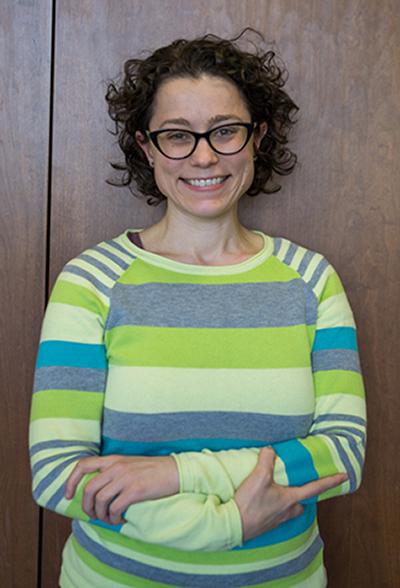
Cultural change in academia often happens at a glacial rate, even as the evisceration of supports for higher education seems to proceed apace. But at the outset of the fourth year of the Mellon initiative, I’ve had a number of encounters that give me hope that the devaluation of community college teaching often overheard in humanities PhD programs is changing. And fast.
Cultural change in academia often happens at a glacial rate, even as the evisceration of supports for higher education seems to proceed apace. But at the outset of the fourth year of the Mellon initiative, I’ve had a number of encounters that give me hope that the devaluation of community college teaching often overheard in humanities PhD programs is changing. And fast.
Last week, I met with an incoming Director of Graduate Study to talk about doctoral training in her department. Our conversation veered—without my steering it, I might add—to the community college, and relatedly, graduate students’ requests for more preparation for teaching-intensive careers. It didn’t surprise me to learn that graduate students were asking for more opportunities to learn about community college teaching—especially as last year’s cohort included a voluble, enthusiastic fellow from this particular department. But it was remarkable to see an incoming DGS soliciting and listening to this request, and then actively imagining ways to meet it.
Two weeks ago, I went to Seattle Central Community College to have coffee and some pretty delicious pecan pie. Present were a department chair at UW, an associate dean at Seattle Central, and a handful of community college faculty and UW staff. For an hour, we sat around the table and brainstormed ways that we might support students as they transfer from SCC to interdisciplinary and justice-oriented programs at UW. This conversation was not part of Mellon programming, but four of the six people present—Kate Krieg (Associate Dean, Humanities and Social Sciences), Jaime Cárdenas (Faculty, History), Vero Barrera-Kolb (Faculty, Humanities), and myself—were participants in the Reaching New Publics program in some capacity. Indeed, this meeting, and the shenanigans that will eventuate from it (peer mentoring, co-sponsored events, etc.), wouldn’t have happened without the relationships built by the Mellon program.
Three weeks ago, I attended a conference hosted by the Humanities Alliance at CUNY, “Community Colleges and the Future of the Humanities.” I met a number of people who are leading similar Mellon initiatives across the country, what have become known as Community College Research University partnerships. The frenetic energy of New York seemed amplified by the excitement among participants about community colleges and these emerging institutional relationships. I led a session together with former doctoral student fellow Zhenzhen He-Weatherford—who recently landed a tenure-track job at Bellevue Community College—and former community college faculty mentor Asha Tran. Instead of delivering a series of talks, our session prompted participants to examine and align their core values and professional pathways through a number of interactive activities. That’s right—we talked about foundational personal commitments at an academic conference, and we were invited to talk with, not at, the participants by the thoughtful way that organizers had framed the call for proposals. I was inspired by the pedagogies, projects, and program models that other participants generously shared, but as notable, the ethos of the community college suffused the way in which this information-sharing occurred. Students were centered, institutional hierarchies were disrupted, and pretense and self-promotion gave way to genuine connection and conversation.
What’s my point, besides my month in review? None of these encounters or occasions would have seemed imaginable three years ago, when the Mellon initiative began. But on an almost weekly basis, now, I am reminded that narratives about community colleges are changing, and with this, institutional landscapes are shifting. So institutional change is possible. And there is reason for hope, even in the midst of crisis. Because the future of the humanities looks different from the vantage of the community college. And more and more people are taking in the view.